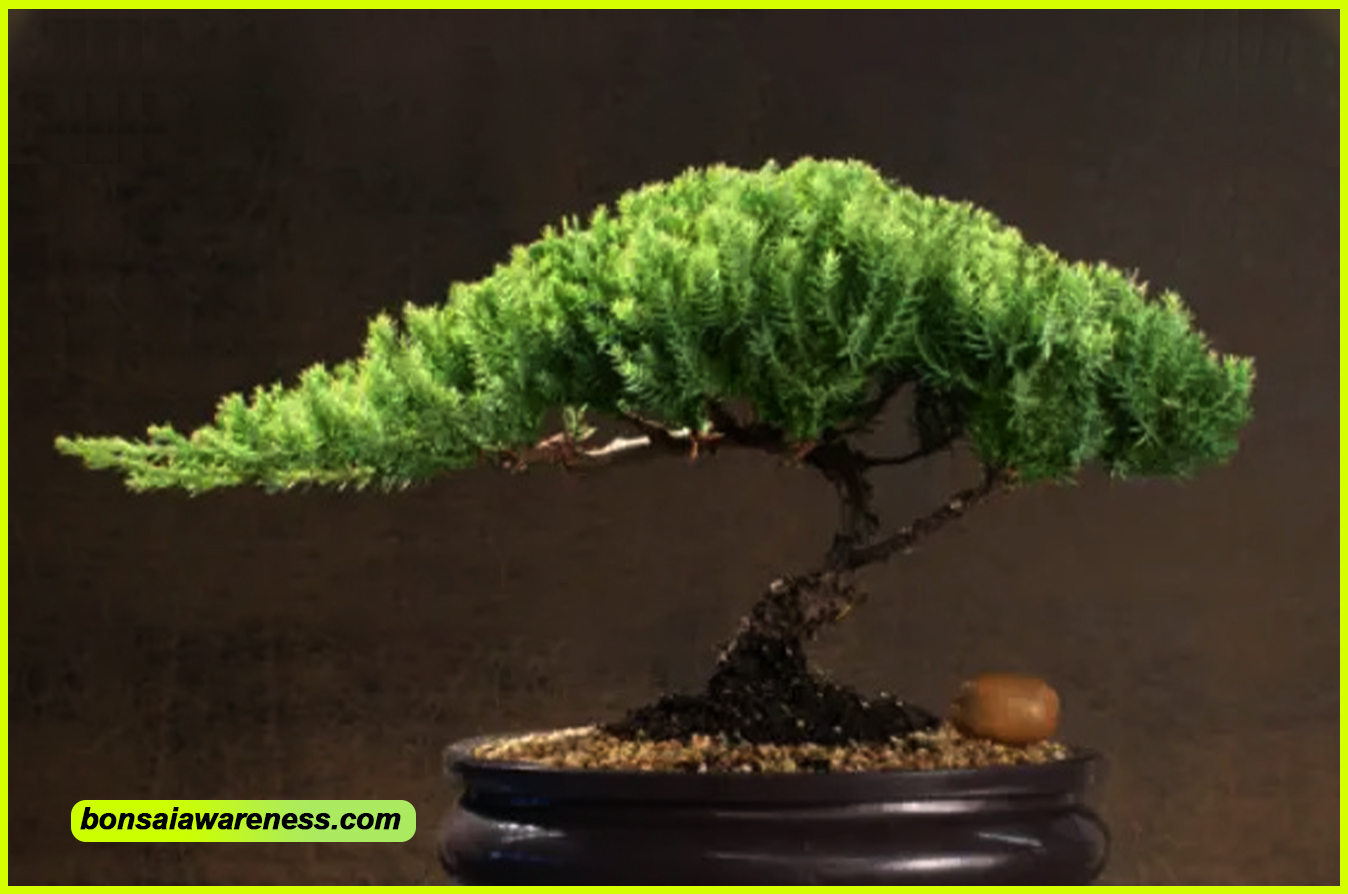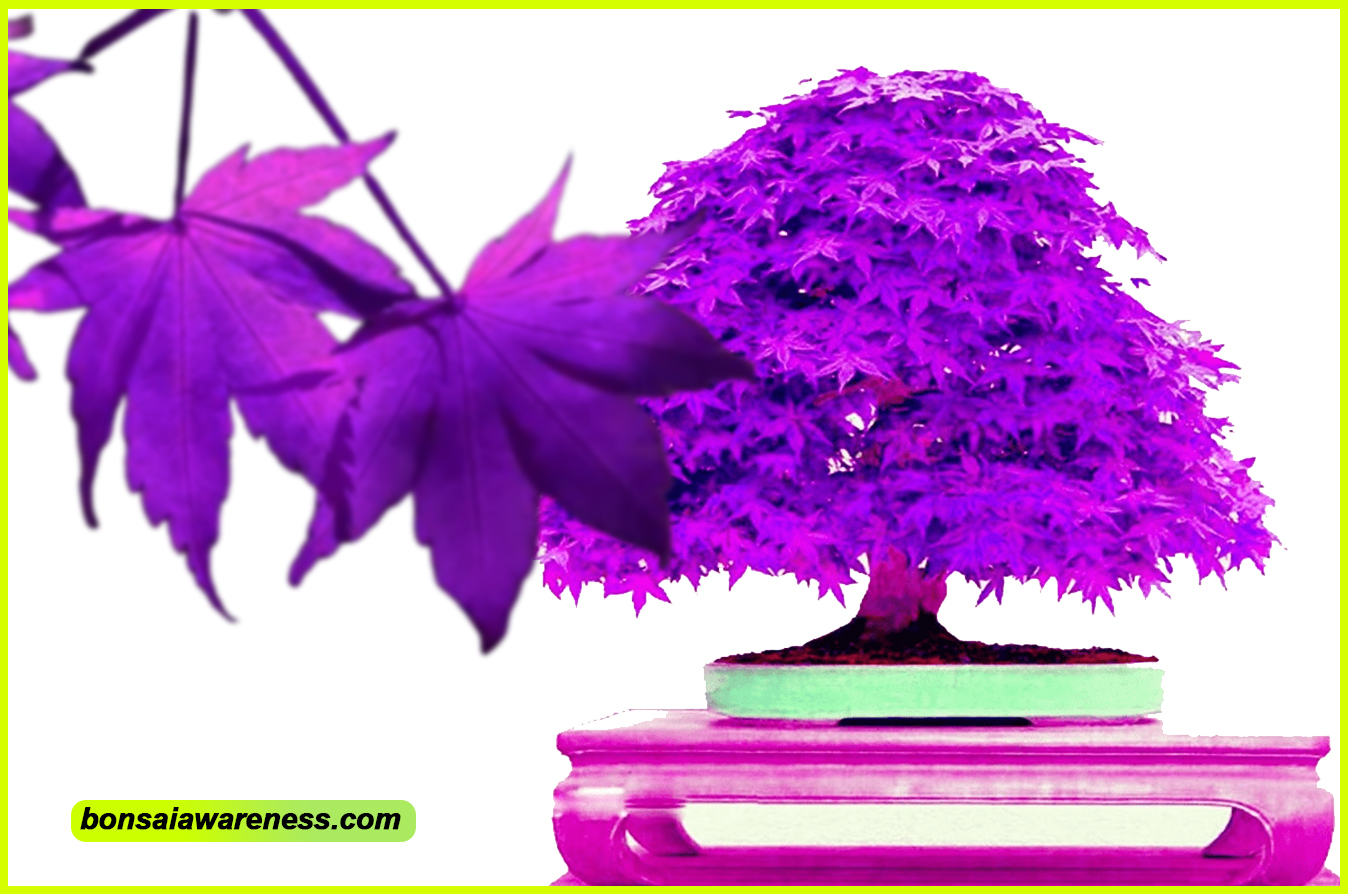To germinate bonsai seeds, soak them in water for 24 hours, then plant them in a well-draining soil mix. Bonsai trees are miniature versions of full-sized trees, known for their artistic and natural beauty.
Growing bonsai from seeds can be a rewarding and fulfilling process. However, it requires patience, skill, and specific techniques to ensure successful germination. In this guide, we will discuss the step-by-step process for germinating bonsai seeds and nurturing them into thriving miniature trees.
Whether you are a beginner or an experienced gardener, these tips will help you achieve the desired results and enjoy the unique journey of cultivating your own bonsai trees. So let’s dive into the world of bonsai seeds and learn how to bring them to life.
Choosing The Right Bonsai Seeds
Choosing the Right Bonsai Seeds:
Considering the Species: When germinating bonsai seeds, it is important to choose the correct species. Each species has unique growth requirements.
Checking for Freshness: Before starting the germination process, ensure that the bonsai seeds are fresh. Fresh seeds have a higher chance of germination.
Seeds should be plump, firm, and without any signs of mold or damage. You can perform a simple water test by soaking the seeds in water. Viable seeds will sink, while non-viable seeds will float.
By following these steps, you can select fresh bonsai seeds and increase your chances of successful germination.
Preparing The Seeds For Germination
Preparing bonsai seeds for germination is an essential step towards successful cultivation. Soaking the seeds in water can help break their dormancy and promote sprouting. This process, known as stratification, is particularly important for varieties with hard shells. To start, place the seeds in a container and cover them with clean water. Let them soak for approximately 24-48 hours, ensuring the water remains clean and at room temperature throughout. Prior to soaking, it is advised to nick the hard shell of the seeds gently with a file or sandpaper to enhance water absorption. After soaking, transfer the seeds to a plastic bag filled with slightly moistened vermiculite or peat moss. Seal the bag and place it in the refrigerator for a period of 4-12 weeks, mimicking the cold and moist environment the seeds would naturally experience outdoors in winter. This stratification process aids in breaking dormancy and prepares the seeds for germination.
Creating The Ideal Germination Environment
If you want to successfully germinate bonsai seeds, it’s important to create the ideal environment for them to thrive. One crucial aspect is selecting the right potting mix, which should ideally be a well-draining and nutrient-rich soil. You can mix equal parts of peat moss, perlite, and either sand or vermiculite to create a suitable medium. Additionally, providing adequate moisture and humidity is essential for germination. You can achieve this by misting the soil regularly to keep it evenly moist but not soggy. Covering the pot with a plastic wrap or placing it in a sealed plastic bag can help retain the necessary humidity. Remember to place the pot in a warm and well-lit area, as bonsai seeds require both light and heat to germinate. Patience is key, as germination can take anywhere from a few weeks to several months. With the right care and environment, you’ll soon see your bonsai seeds sprouting and growing into beautiful trees.
Germinating The Bonsai Seeds
Germinating bonsai seeds is a crucial step to successfully grow your own bonsai tree. Start by sowing the seeds in a well-draining soil mix, ensuring they are planted at the right depth. Provide appropriate lighting, as bonsai seeds require full sunlight for healthy growth. Place them near a sunny window or use artificial grow lights to give them the required light intensity. Temperature is also important, with most bonsai seeds preferring a range between 60-80°F (15-27°C). Avoid extreme temperature fluctuations, as it can affect seed germination. Keep the soil consistently moist but not overly wet, as excessive water can cause rot. Be patient, as germination times vary depending on the type of bonsai tree seeds. Keep an eye on the soil moisture level and provide gentle misting when needed. Once the seeds have sprouted and developed a few sets of leaves, it is time to start the delicate process of shaping your bonsai tree.
Caring For Germinated Bonsai Seedlings
After successfully germinating your bonsai seeds, it’s vital to provide proper care to ensure their healthy growth. Transplanting the seedlings into bonsai pots is the next crucial step. Choose a pot that accommodates the root system of the seedling and provides adequate drainage. Fill the pot with well-draining soil mix to prevent root rot.
Pruning is an essential technique to maintain the desired shape and size of your bonsai. Use sharp and clean pruning tools to avoid damaging the seedling. Regularly trim the branches and roots to promote branching and discourage unnecessary growth.
To enhance the bonsai’s aesthetic appeal, training techniques such as wiring, defoliation, and clip and grow can be employed. Wiring can guide branches into desired positions, while defoliation encourages internodal growth.
Remember to regularly water and fertilize your bonsai seedling, keeping it in a suitable environment with sufficient sunlight. With patience and proper care, your germinated bonsai seedlings will thrive and develop into beautiful miniature trees.
Frequently Asked Questions On How To Germinate Bonsai Seeds
How Long Does It Take For Bonsai Seeds To Germinate?
Bonsai seeds typically take anywhere between 1 to 3 months to germinate, depending on the species and conditions. Some varieties may take longer, so patience is key. Providing the right environment with adequate moisture, light, and temperature can speed up the germination process.
What Are The Ideal Conditions For Bonsai Seed Germination?
To successfully germinate bonsai seeds, it is essential to provide the ideal conditions. This includes using well-draining soil, keeping the soil consistently moist but not soaked, providing indirect sunlight or artificial grow lights, and maintaining a temperature range between 70-80°F (21-27°C).
Following these conditions will increase the chances of successful germination.
How Do You Prepare Bonsai Seeds For Germination?
Preparing bonsai seeds for germination involves a few steps. Firstly, soaking the seeds in warm water for about 24 hours can help soften the outer shell. Next, lightly scratching or nicking the seed coat can assist with better water absorption.
Lastly, placing the seeds in a moist paper towel or planting them directly in the soil will kickstart the germination process.
Can I Directly Plant Bonsai Seeds In The Bonsai Pot?
Planting bonsai seeds directly in the bonsai pot is not recommended. It is best to start the germination process in a separate container, such as a seed tray or small pots. This allows for better monitoring of the seeds’ development and enables you to provide the ideal conditions for germination.
Once the seedlings have grown stronger, they can be transferred to the bonsai pot.
Conclusion
Germinating bonsai seeds can be a rewarding and fulfilling experience for any plant enthusiast. By following the proper techniques and maintaining a nurturing environment, you can successfully grow your own unique bonsai tree. From selecting the right seeds to providing the ideal conditions for growth, this blog post has provided you with valuable insights and tips.
So why wait? Start your journey into the world of bonsai today and witness the beauty that emerges from a tiny seed.


Leave a Reply